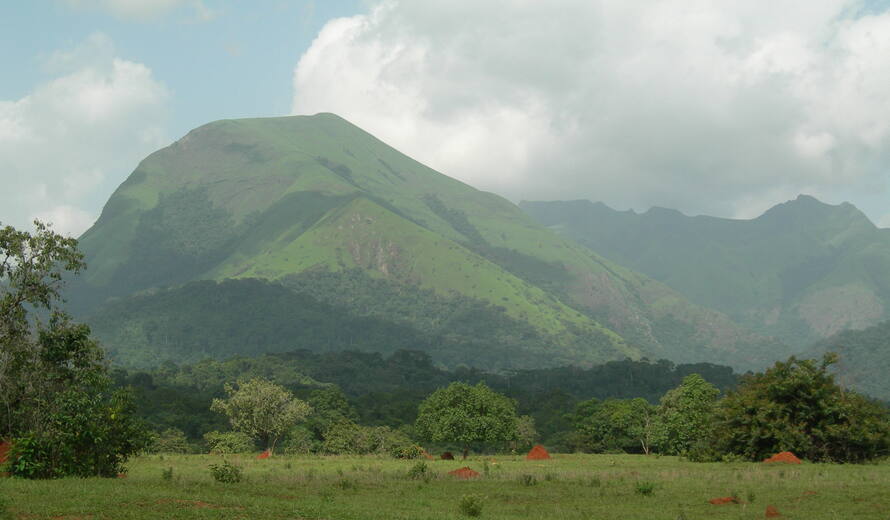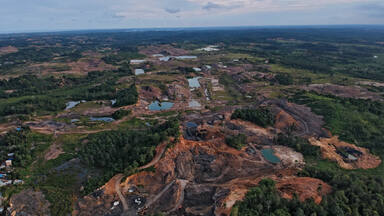UNESCO welcomes the support for the “No-Go Commitment” in the new investment policy of the Church of England National Investing Bodies
On 6 November 2017, The Church of England National Investing Bodies announced the launch of its new policy on investing in extractive industries: “Extractive Industries: Ethical Investment Policy”. The policy acknowledges the positive contribution that mining can make to development but also highlights the ethical importance of protected areas such as World Heritage sites and the threats that extractives can pose. The policy identifies particular “ethical risks” in five broad areas: human rights, social concerns, health and safety, corruption and tax transparency, and environment and ecology.
In the area of environment and ecology, the policy affirms that: “some areas are environmentally and ecologically precious and incompatible with industrial scale activities, including World Heritage sites, categories of I to III protected area and core zones of UNESCO biosphere reserves and considers companies should make 'no-go' commitments not to enter these highly protected areas”.
The Director of the World Heritage Centre welcomes this clear policy by the Church of England National Investing Bodies: “This is in line with the position of the World Heritage that mineral, oil and gas exploration or exploitation is incompatible with the World Heritage status, and that such activities should not be undertaken within World Heritage properties. We encourage all companies in the extractive industry to subscribe to the “no-go commitment”. She reiterated her call on other investment funds and financial groups to follow the example of the Church of England National Investing Bodies companies to apply the same high standard to their investment portfolios.
A number of financial companies, including Paribas, HSBC and JP Morgan already have committed not to invest in projects affecting World Heritage sites. The International Council on Mining and Metals (ICMM), grouping 22 of the world’s leading mining companies as well as Shell, Total and Tullow have also made commitments not to carry out extractive operations within World Heritage properties.
Globally, mining, oil and gas (exploration and/or exploitation) now stand as the 7th most important factor affecting the properties reported on during the Wold Heritage Committee sessions. In 2015 only, 141 properties were affected by mining, oil and gas activities out of which 12 properties are inscribed on the List of World Heritage in Danger.
For more information: https://whc.unesco.org/en/extractive-industries/

